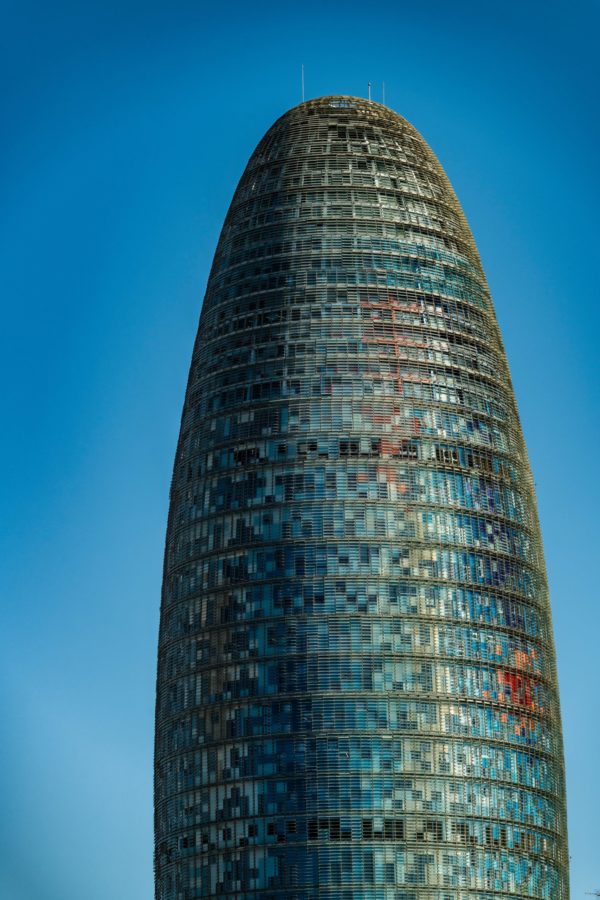Over the past few years, the tourism industry has undergone significant change. The latest technologies, shifts in mindset, and the emergence of new tourism models have contributed to the sector’s evolution. So, let’s delve into the key pillars of this industry today.
What recent changes has tourism undergone?
Let’s take a look at the foundations of the tourism model today:
- A digital model. Traditional travel agencies have lost a lot of business since tourists now tend to organize their own trips. With just a laptop, today you can book flights, hotels, and even rent a car. As a result, agencies have lost a significant portion of their territory. That said, they are still useful for certain tourist demographics. For instance, those who plan to visit a country far away, large groups, or elderly travelers.
- Sustainable tourism. The rise of environmental awareness and a shift in mindset, which now rejects gentrification and mass tourism, has provoked a change in the tourism model. More and more young (and not so young!) people are on the lookout for more secluded and sustainable experiences, veering away from popular tourist hotspots. As a result, natural and rural areas seem to benefit the most from this new model.
- Express trips. Years ago, vacations were planned way in advance. Today, however, thanks to flight deals and how easy it is to find an apartment in almost any European city, the rules of the game have changed. The truth is, especially in the case of younger travelers, it’s remarkably easy to improvise a short getaway at almost any time.
- Adventure tourism. The exotic and the wild are in fashion. Trips to unexplored places, remote mountain ranges, untouched areas… Such destinations continue to gain popularity, and there are increasingly more agencies or companies offering guided tours to these parts of the world. This is precisely why it’s currently evolving into a niche with great potential.
What are the most commonly used languages in this industry?
Earlier, we identified a constant that has gained traction in the tourism sector. Digitalization and globalization are on the rise. Essentially, this means that, if your company is in the tourism industry, now more than ever, you’ll need to master several languages to communicate with customers all around the world in search of a unique experience.
Today, English continues to be the most widely spoken foreign language. However, many others, such as Spanish, German, or French are also gaining ground. And let’s not forget about all the tourists from China who are beginning to uncover the beauty Spain has to offer.
This is precisely why, given the tourism industry’s current landscape, working with a professional translation service is essential. We can help you communicate seamlessly with your potential customers. Count on blarlo for any translation services you may need!






